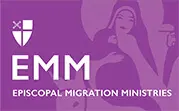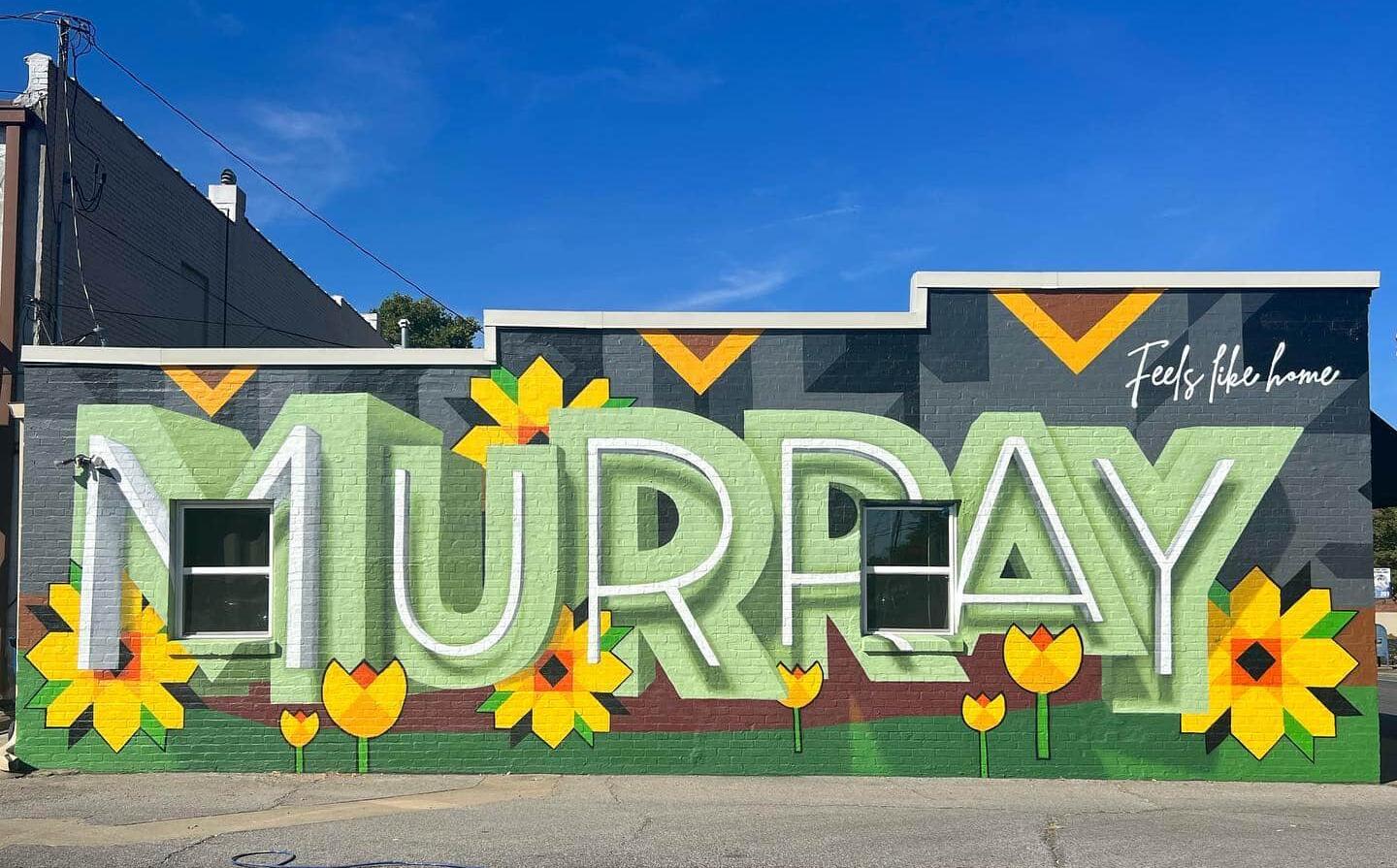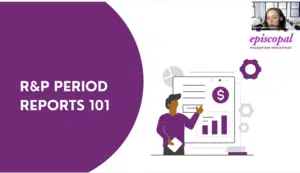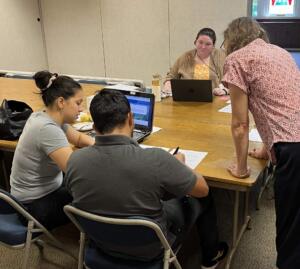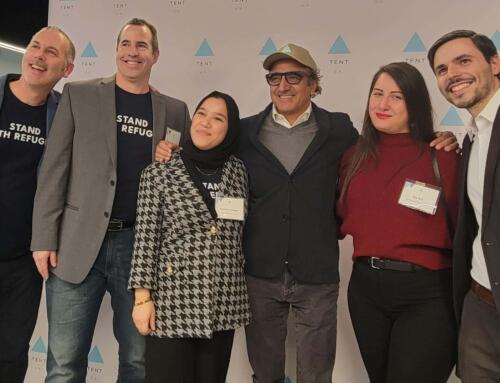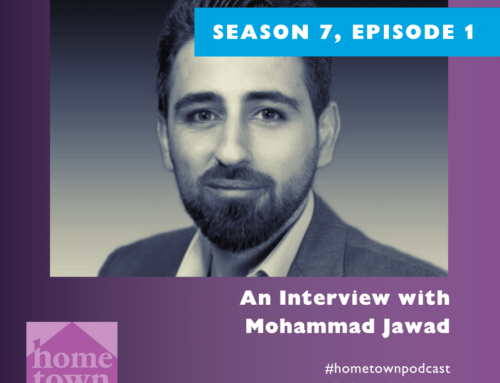This is Part 2 in a four-part series. Read Part 1 here.
In 2023, Murray Ecumenical Partners became EMM’s first RPCP, or Remote Placement Community Partner, working with EMM to welcome a Colombian refugee family of five to Murray, Kentucky. Here, we continue their story.
How does an RPCP team prepare for a case to arrive? What support do they get from EMM?
A new RPCP team must do two things simultaneously: learn the requirements of refugee resettlement under the Reception and Placement program and prepare to welcome their first case.
The team participated in EMM training on a wide range of topics, from understanding core services and administrative or reporting mechanisms to case management and trauma-informed care. Most training courses are available on-demand online; others are offered through live sessions with EMM staff. Throughout the process, EMM staff are in frequent communication with team members, supporting them throughout training and sponsorship.
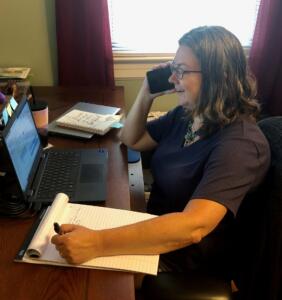
EMM staff, including Susan Gundlach (left) and Mariel Smith (right), offer guidance and technical assistance to RPCPs via phone, video calls, and focused training sessions.
What else does an RPCP team do?
During training, RPCP teams are busy finding and furnishing housing and preparing for the newcomers’ arrival. The RPCP team is responsible for picking up the family from the airport, transporting them to their new housing, providing a culturally appropriate meal upon arrival, and ensuring that they have what they need for the first week. Starting on the first day after arrival, the team begins to provide Cultural Orientation and works with the adults to complete forms, usually with the assistance of an interpreter who helps newcomers understand the information in their native language.
The first few weeks are devoted to applying for work authorization and public benefits, addressing any urgent medical needs, registering children for school, and learning how to get basic needs met in an unfamiliar environment. Starting in weeks three and four, the RPCP team and the newcomers work on other steps: completing routine medical screenings, helping adults learn how to get around (cars are often out of reach for some time), enroll in ESL classes, understand the local job market and apply for work. As the family settles in, they also want to find or create things to make their new community feel like home.
Members of Murray Ecumenical Partners help their new neighbors apply for social security cards, work authorization and other documents needed in the U.S.
For the Reception and Placement program, the goal is for the family to reach economic self-sufficiency within 90 days, an ambitious target in any case, and made even more so by the linguistic, cultural, and economic barriers that refugees face. While refugees who already speak English have better chances of quickly attaining self-sufficiency, households led by adults with limited English may need more time. For some RPCP teams, a final step in their sponsorship journey is ensuring that the newcomers have applied for specific forms of support made available to refugees beyond the initial 90-day period, including mainstream benefits like SNAP (“food stamps”), or through specialized programs for refugees funded through the federal Office of Refugee Resettlement with EMM’s help.
With this learning curve, and the uncertainties inherent in helping newcomers resettle in an unfamiliar environment, the initial experience can be an intense one for new RPCPs. However, the opportunity to help newcomers feel at home and build relationships with the family proves to be deeply rewarding for community partners – both the leadership team and the communities who work with them behind the scenes.
In the next installment, we will look more closely at the dynamics that often develop as RPCPs and clients get to know each other, offering definite benefits for all involved.
